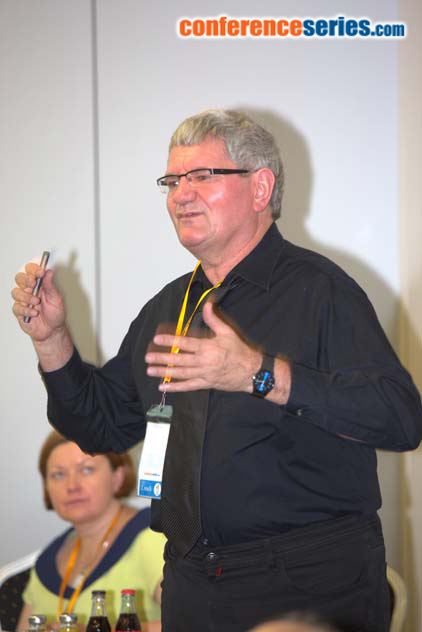Robert Schlögl
Max Planck Institute for Chemical Energy Conversion, Germany
Title: The role of synthetic fuels in sustainable energy systems
Biography
Biography: Robert Schlögl
Abstract
Efforts have been made in various regions of the world to reduce the role of fossil fuels in the energy mix. The motivation for this trend is manifold ranging from fears about insufficient resources to local cost structures and energy security arguments. The argument about protecting the global climate from the adverse effects of greenhouse gas emissions outside Europe is rarely the real driver for change. This has not substantially changed also after the accord of Paris in global warming. It should be understood that the term “energy system” describes the intricate interactions between technical, economic, and societal factors determining the local structure of energy supply to a society. Even within the globally close European countries there exist vast differences in structures of the energy system. Such diversity requires a broad consideration of measures and options of how to de-fossilize the energy supply. The seemingly easy answer to use solar primary electricity as substitute to fossil resources and to maximally electrify the energy system being postulated by “energy activists” is only an option at first glance. The sheer dimension of the transformation, cost arguments and the inherent volatility require always a dual energy system of material and free electrons as energy carriers. Dual systems require free convertibility of energy carriers in both directions. This is easy from material to free electrons but extremely difficult in the reverse direction. The presentation will highlight origins of this critical bottleneck for energy systems. It will be also shown that only C-H-O chemical structures are plentiful and diverse enough to serve as energy carriers. We will need to apply technologies of catalysis around the making and use of hydrogen as central “exchange currency” of future energy systems to overcome this bottleneck. The ideal function of hydrogen as an exchange energy carrier is not matched by its applicability as end user fuel. We need thus considering a man-made cycle of carbon in which CO2 is reacted with green hydrogen to form fuels that can be used to store, transport or utilize material energy and to serve as feedstock for the material chemical industry. Collection of the finally resulting CO2 can be done either at point sources directly or through biomass. It is filtering CO2 from the atmosphere for no human energy input. Biomass as “solid carbon” and not as energy carrier closes the carbon cycle when transformed into CO2 through fermentation or gasification at central sites. The structure of future energy system in terms of central vs. de-central is a critical issue and will be decided amongst other variables also by our ability to scale chemical energy conversion processes. The final merit order of energy systems will have to be judged in terms of systemic efficiency and stability rather than in comparative efficiency to fossil elements of a fragmented energy system. Mobility will serve as example to highlight this aspect that can lead to critical resistances against energy transformations.


